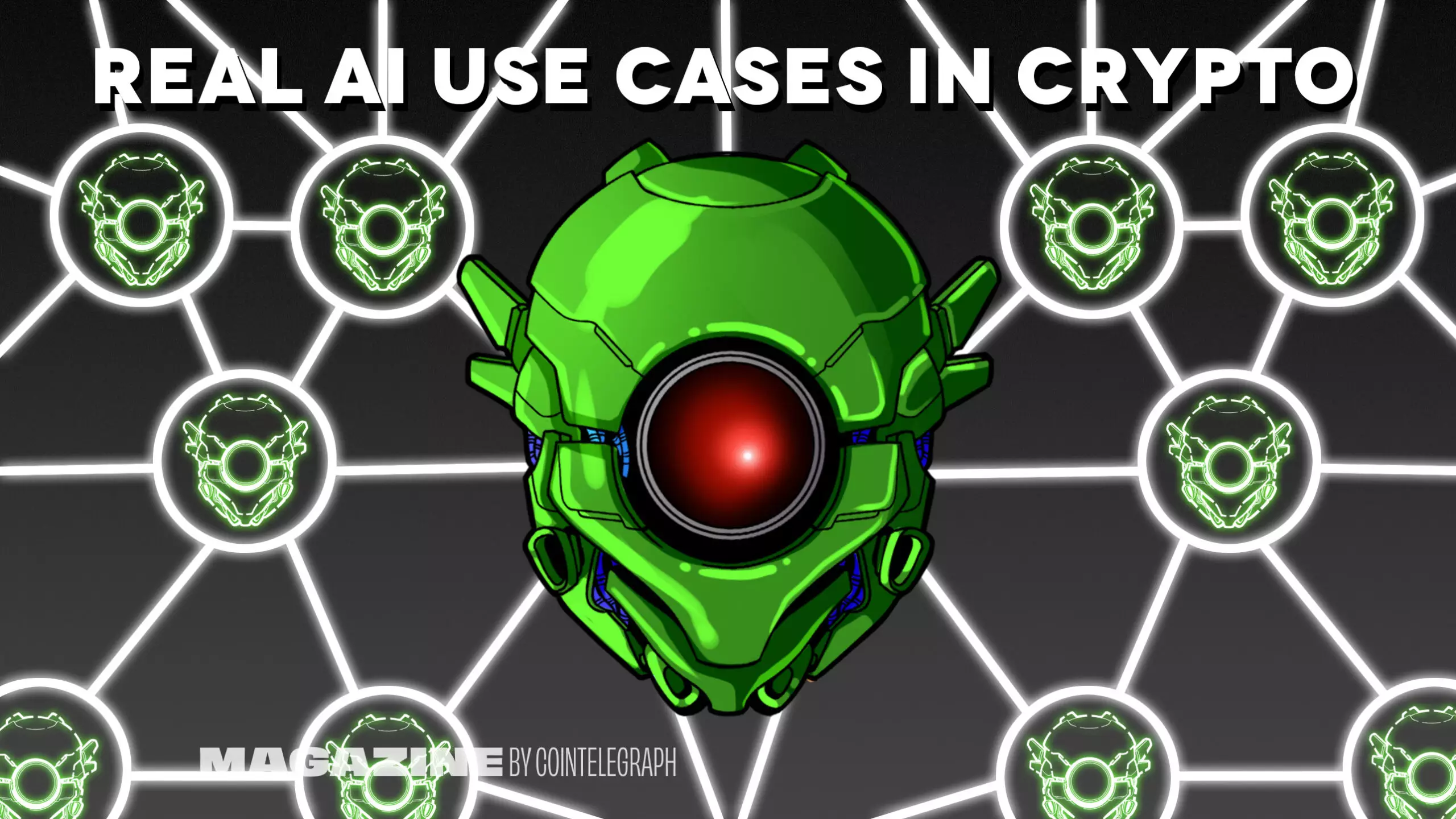The intersection of artificial intelligence (AI) and blockchain technology has sparked significant interest and excitement within the crypto community. While many projects claiming to leverage AI have emerged, only a handful are genuinely harnessing its potential. In this article, we will explore the hype-free, genuine use cases for AI in the crypto and blockchain space, as well as the current limitations and future possibilities.
The Illusion of Decentralized Autonomous Organizations (DAOs)
Although decentralized autonomous organizations (DAOs) hold immense promise, their current implementation falls short of true autonomy. As Vance Spencer, the founder of Framework Ventures, points out, there is a significant human involvement in the decision-making process. To tackle this issue, AI could present a viable solution. Illia Polosukhin, the founder of Near, suggests that AI is crucial in making the DAO concept work effectively. With AI, DAOs can evolve beyond their current limitations and achieve true decentralization.
One of the major challenges faced by DAOs is ensuring effective communication and coordination among its members. AI can play a vital role in addressing these challenges. By monitoring and summarizing the activities within a DAO, AI can provide managers with real-time updates, enabling them to communicate essential information to the community effectively. Additionally, AI has the potential to scale up and manage logistics, onboard new members, and coordinate tasks within a DAO. While the broader direction of the DAO can still be set by the community, AI can handle the day-to-day management, leading to increased efficiency and smoother operations.
The Near Foundation is pioneering the integration of AI into DAOs. They plan to start with smaller tasks and gradually expand to more complex management responsibilities. By gradually replacing human functions with AI, the Near Foundation aims to streamline the coordination and execution of various tasks within the DAO. However, it is crucial to note that human involvement will still be necessary for generating ideas and setting the overall goals for the DAO.
MakerDAO is taking a different approach to AI integration. They are developing Governance Artificial Intelligence Tools (GAITs) to assist with the overall governance of the project. These AI tools will catalog and formalize the dataset, encompassing all the rules, activities, and participants within the DAO. By creating a shared language, GAITs enable community members to collaborate more effectively and make informed decisions. They also assist in the identification and evaluation of project proposals, ensuring alignment with the DAO’s guidelines, aims, and budget. Although full AI-assisted DAO governance is still some time away, MakerDAO envisions a future with an abundance of DAOs and minimal human involvement.
While AI holds immense potential, it is not without its challenges and limitations. Current AI models, such as Language Models (LLMs), still exhibit unreliable outputs, with hallucinations occurring in 3% to 27% of cases. This unreliability poses significant risks when it comes to decision-making within a DAO. Therefore, it is crucial to establish strict guidelines and spending caps to mitigate potential errors and ensure the trustworthiness of AI-driven governance.
The Future of AI and Blockchain Integration
As both AI and blockchain technology continue to advance, the possibilities for their integration will expand further. While AI is already proving useful in certain aspects of DAOs, achieving full AI-driven governance within a DAO is a long-term goal. The evolution of AI models, coupled with advancements in blockchain technology, will eventually enable greater automation, efficiency, and decentralization within the crypto and blockchain space.
The integration of AI into blockchain and crypto is an exciting and evolving field. While there are many hyped projects in the market, there are genuine use cases for AI that can enhance the efficiency and governance of DAOs. By leveraging AI’s capabilities in coordination, communication, and decision-making, DAOs can pave the way for a more decentralized and efficient future. However, it is essential to acknowledge the current limitations and work towards building robust AI models that can reliably drive governance in DAOs. As AI and blockchain continue to evolve, their combination holds immense potential for transforming various industries and reshaping the way we live and work.

